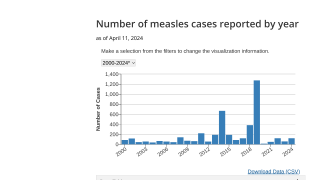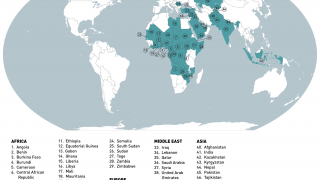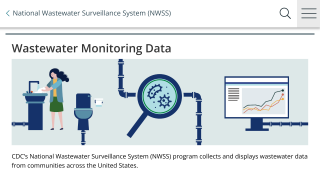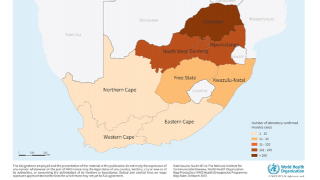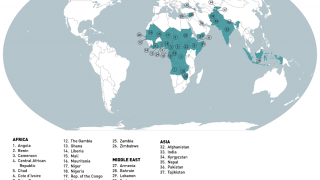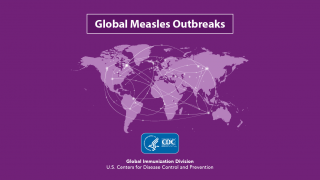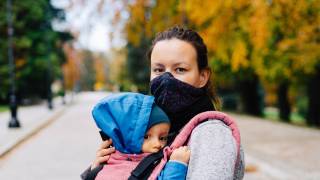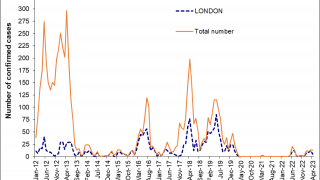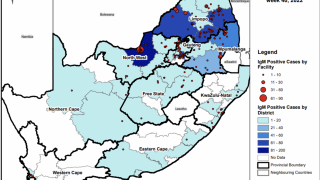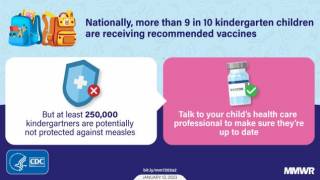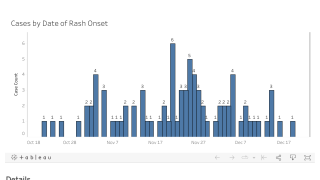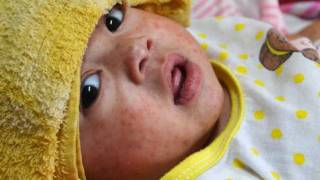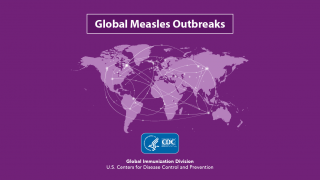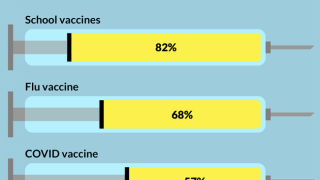Thailand’s Chikungunya Outbreak Accelerates

Phuket Public Health Office (PPHO) Chief Tanit Sermkaew confirmed to The Phuket News on December 12, 2018, that government hospitals across Thailand had reported 47 confirmed Chikungunya virus cases during November.
And, an additional 21 Chikungunya cases already during December 2018.
This new data indicates the number of Chikungunya cases has increased from 538 to 2,143 cases in approximately 1 month.
The first reported case of Chikungunya virus diagnosed in Thailand was in 1960.
The Chikungunya virus often causes large outbreaks with high attack rates, affecting up to 75 percent of the local population where the virus is circulating, says the US Centers for Disease Control and Prevention (CDC).
Up to 28 percent of people infected with Chikungunya virus will remain asymptomatic, which means ‘not displaying symptoms of a disease.’
“Chikungunya virus infections are increasing in areas where people live close together, especially in densely populated areas in Rassada, Wichit, Talad Yai, and Rawai,” Sermkaew said to The Phuket News.
These areas are located on the southern, west coast of Thailand.
“No people have died from this Chikungunya outbreak,” he said.
In response to this news, PPHO has launched a campaign to raise awareness of Chikungunya and to prevent the spread of the mosquito-borne virus.
Additionally, Thailand is confronted with dengue, measles and Zika outbreaks, as previously reported on November 4th.
This is important news to the 1 million annual American visitors to Thailand.
Unfortunately, as of November 29, 2018, the CDC had not issued a Travel Alert for Thailand.
According to the CDC, Chikungunya symptoms usually begin to appear 3 to 7 days after being bitten by an infected mosquito.
The most common symptoms are fever and joint pain.
The symptoms of chikungunya are similar to those of dengue and Zika, diseases which are spread by the same mosquitoes that transmit Chikungunya.
As there is no cure, treatment is focused on relieving the symptoms. And, there is no vaccine to prevent or medicine to treat the Chikungunya virus.
Chikungunya virus is a single-stranded RNA virus that belongs to the family Togaviridae, genus Alphavirus.
There are 2 vaccine candidates in clinical trials:
- Chikungunya Vaccine Candidate Reports Favorable Phase 2 Results
- Chikungunya Vaccine Candidate Advances into Phase 1 Second Stage
The CDC says to make sure you are up-to-date on routine vaccines before visiting Thailand.
These vaccines include the measles-mumps-rubella (MMR), diphtheria-tetanus-pertussis, varicella (chickenpox), polio, and your yearly flu vaccination.
Additionally, the yellow fever vaccine may be required for entry into Thailand.
For USA travelers, vaccines and travel medicines are available at certified pharmacies.
Travel vaccine appointments can be scheduled at Vax-Before-Travel.
Vaccines can cause side effects, says the CDC.
Our Trust Standards: Medical Advisory Committee



